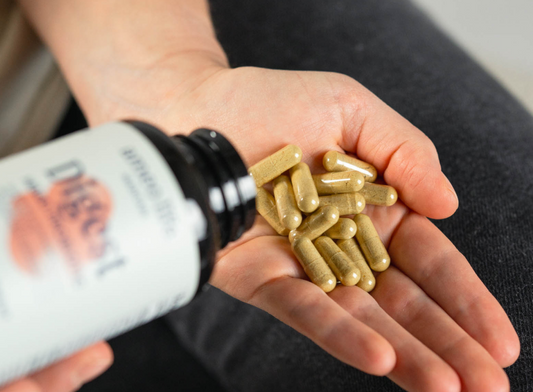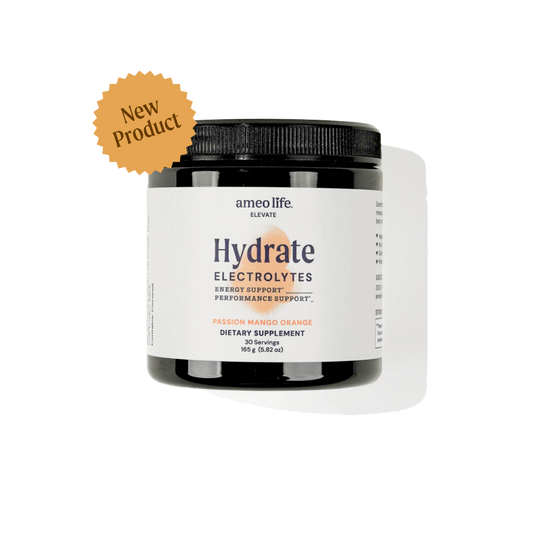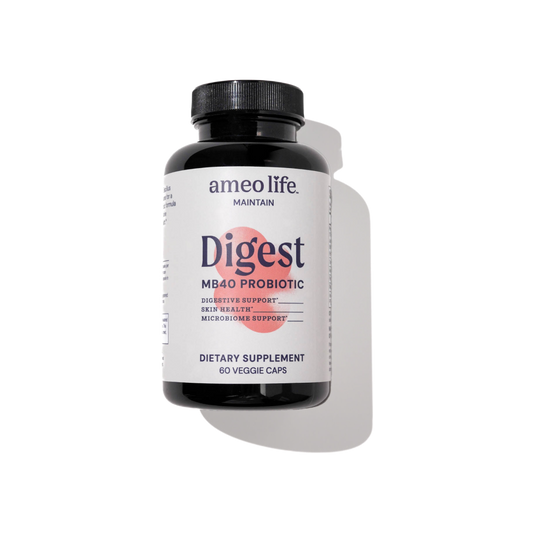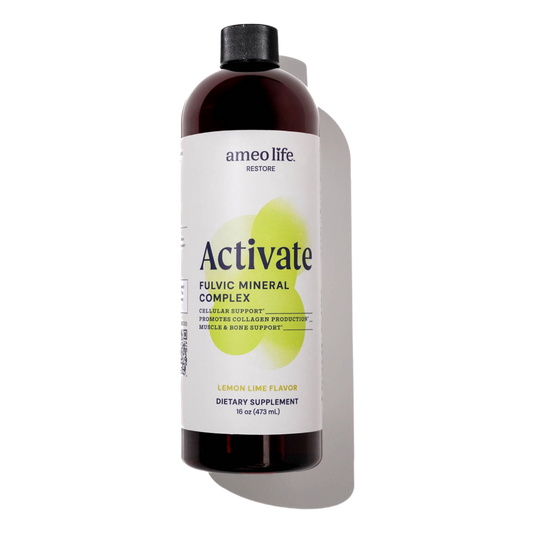This List of Bad Supplements Need To Be Exposed

In This Article We Will Expose A List of Bad Supplements
As more and more of us are focusing on ways to stay healthy, boost our immune system or improve our overall health and wellness, looking at our health supplement choices are playing an important role in this goal.
According to a 2020 survey conducted by the Council for Responsible Nutrition (CRN), 73% of Americans are taking dietary supplements. The number one reason for taking this list of bad supplements (40%), according to the survey, is overall health and wellness. Immune health came in second at 32%.
Does Your Daily Routine Have a List of Bad Supplements?

We take nutritional supplements, such as vitamins and probiotics in an effort to improve our health.
We eat more plant-based foods and commit to moving our bodies more.
But with all these healthy habits, there may be one area we need to pay closer attention to—the ingredients in our supplements.
Just like with packaged food, we need to read the labels to know what we’re consuming.
Health supplements are no different. We can’t assume that because it’s a vitamin, it must be good for us.
Even though advertisers promote some supplements as healthy, they may contain potentially harmful ingredients.
Natural Ingredients
There are “natural” and artificial ingredients that may lurk in supplements. If you’re sensitive to certain ingredients, such as soy, or avoiding particular food categories, such as dairy, you
may be looking for them on the label. But without reading ALL the ingredients, you won’t know what other unwanted ingredients are in there.
Some other “natural” ingredients that may be lurking but are wise to avoid are:
- Corn
- Canola Oil
- Cottonseed Oil
- Carrageenan
- Sugar
- Yeast
Corn
The ingestible protein in the corn can cause allergic directions, such as hives. There's also a risk of more severe reactions such as asthma attacks or anaphylactic shock.
Canola Oil
Experts estimate that genetically modified organisms comprise 90% of canola oil, which also increases the risk of heart disease.
Cottonseed Oil
This oil is estimated to have the highest levels of pesticides of any oil. Since cotton is not a food crop, it does not have to adhere to food safety standards.
Carrageenan
Manufacturers make carrageenan from red seaweed to use as an emulsifier and preservative, linking it to gastrointestinal inflammation.
If you have IBS or other gastrointestinal issues, it’s especially important to avoid it.
Sugar
Experts have cited sugar as the cause or contributor to an unending list of diseases and chronic illnesses. Yet, it’s almost impossible to avoid—even if you’re diligent. What’s more, sugar has many forms and names—61 actually. To name just a few, it can be disguised as:
- Fructose
- Glucose
- Lactose
- Evaporated Cane Sugar
- High-Fructose Corn Syrup (HFCS)
- Rice Syrup
- Maltodextrin
Yeast
When you see “yeast” or “yeast extract” on a label, be cautious. It may actually be MSG in disguise. MSG has been reported to cause a variety of reactions, including headaches, heart palpitations, nausea and more.
Artificial Ingredients In Your Health Supplement
The list of possible artificial ingredients in supplements is endless. Binders, fillers, colours, flavours, preservatives… The good news is that they are often easy to spot—if you know where to look.
Sodium Benzoate
The preservative sodium benzoate is one of the most widely used additives. Besides acting as a preservative, manufacturers also use it to make tablets and capsules smooth and transparent. Combining sodium benzoate and Vitamin C (as can occur in a health supplement) can lead to serious consequences When sodium benzoate reacts with Vitamin C, it can become carcinogenic.
Maltodextrin
Manufacturers typically derive this sugar filler from corn, but they can also make it from other starches, including wheat. It has a high glycemic index and therefore spikes blood sugar levels.
Artificial Colors
There’s controversy over the health risks associated with consuming artificial colours. Some claim a link between artificial food coloring and ADHD, allergic reactions, inflammation and tumor growth. Even without these potential risks, considering that most artificial food colorings are derived from petroleum, it’s hard to ignore their potential for harm.
Artificial Flavors

Artificial flavorings can contain a host of chemicals, solvents and preservatives that often make up over 80% of the artificial flavor.
But exactly what these worrisome ingredients are doesn’t have to be disclosed.
These chemicals are considered “incidental additives” and require no mention on the list of ingredients.
It’s disconcerting to discover that all these unwanted and unhealthy ingredients could be hiding in our health supplements. But that’s not to say you shouldn’t take them. Instead, read the ingredients carefully. Be especially diligent about looking for the “other ingredients.” This section is where you’ll find the ingredients to look out for.
Armed with this knowledge, you’ll recognize the unhealthy ingredients in the supplement and can make an informed choice about which vitamins, probiotics,
and other dietary supplements are healthy choices for you. Take a look at our natural supplements.







